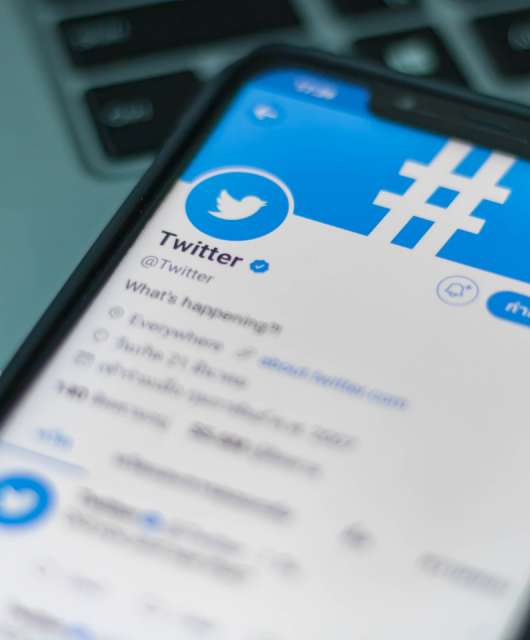- The distributed denial of service attack is scheduled for midnight (CET) October 7
- The attack aims to crash the organization’s website
- The 4chan user group is calling for free file-sharing across P2P networks
- Recent attacks targeted Recording Industry Association of America (RIAA) and the Motion Picture Association of America (MPAA), resulting in 17 server crashes and up to two hours of inactivity
A distributed denial of service attack (DdoS) involves launching numerous requests at a server hosting the Web page so that the hosting service cannot cope with the load and the server ‘crashes’, i.e. the service is suspended. In this case, for example, anyone trying to access the SGAE website may not be able to reach the domain.
On September 17 we witnessed what could be deemed the first organized mass cyber-protest on the Internet, against the Recording Industry Association of America (RIAA) and the Motion Picture Association of America (MPAA), bodies that set out to protect copyright and distribution rights, as a response to the action that both these organizations have been undertaking against free file-sharing sites: they had contracted an Indian software company to launch attacks against sites such as The Pirate Bay, forcing them to close.
Luis Corrons, technical director of PandaLabs: “ We will be following events in real time tonight. The way things are progressing, it will be no surprise to see cyber protests organized country by country targeting different copyright protection associations.”
Details of the attacks, which have been monitored in real-time by our researcher Sean-Paul Correll are available on the PandaLabs blog.







2 comments